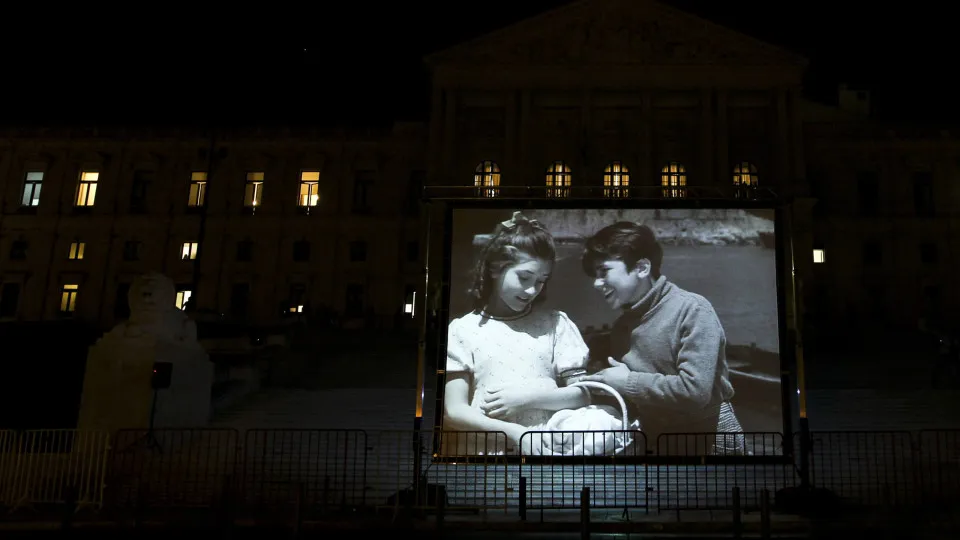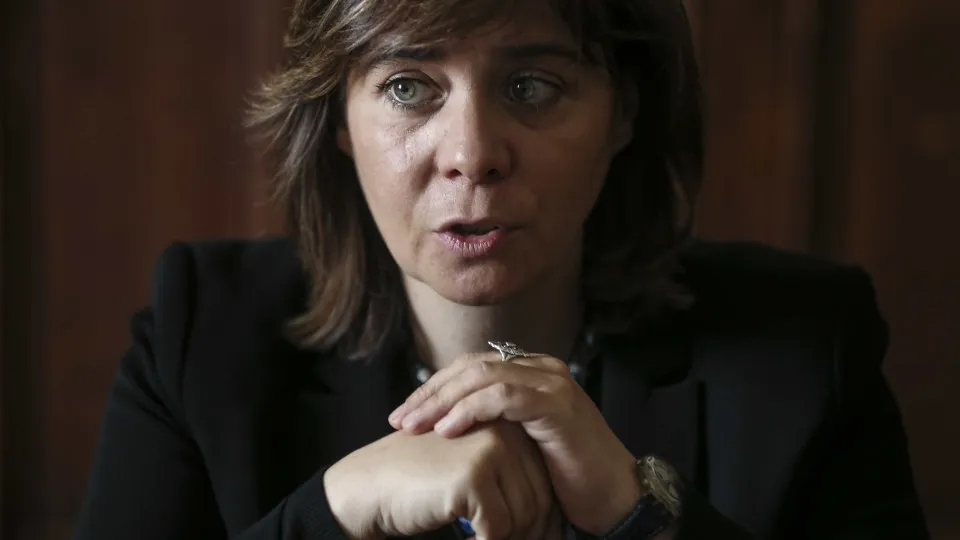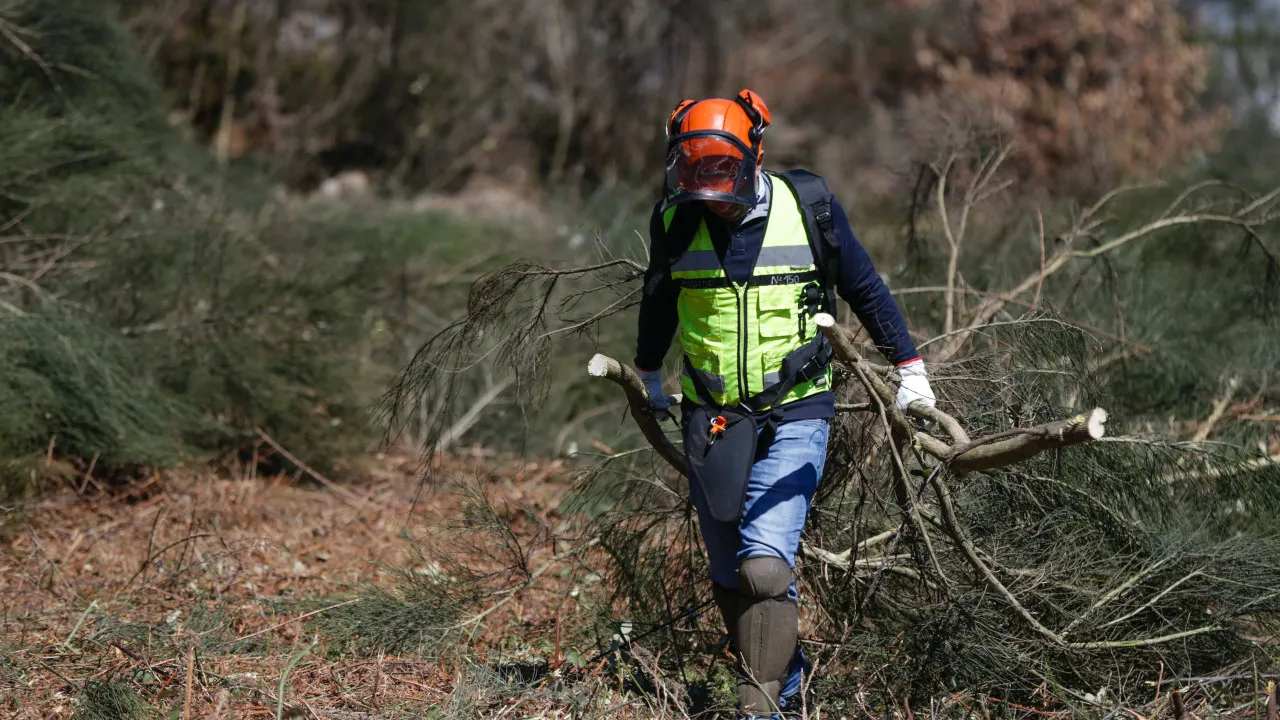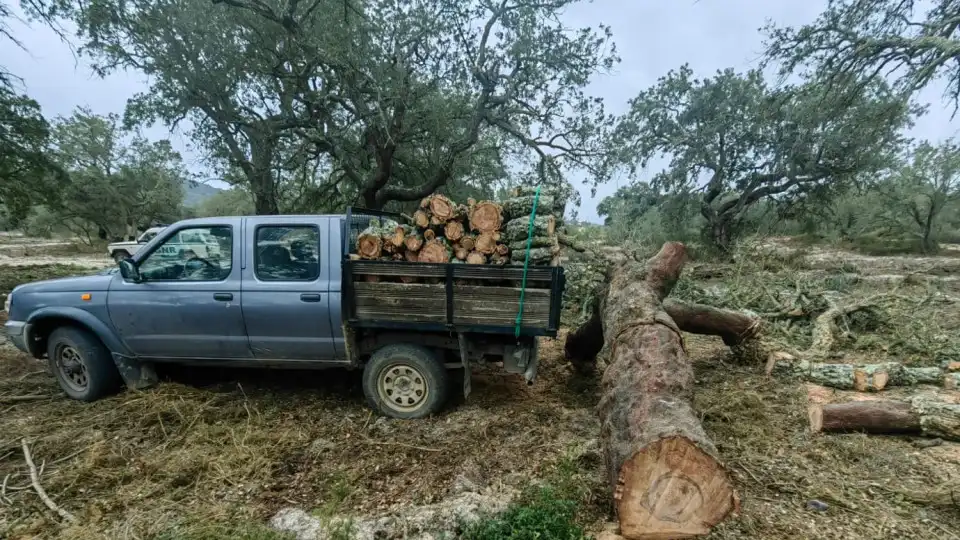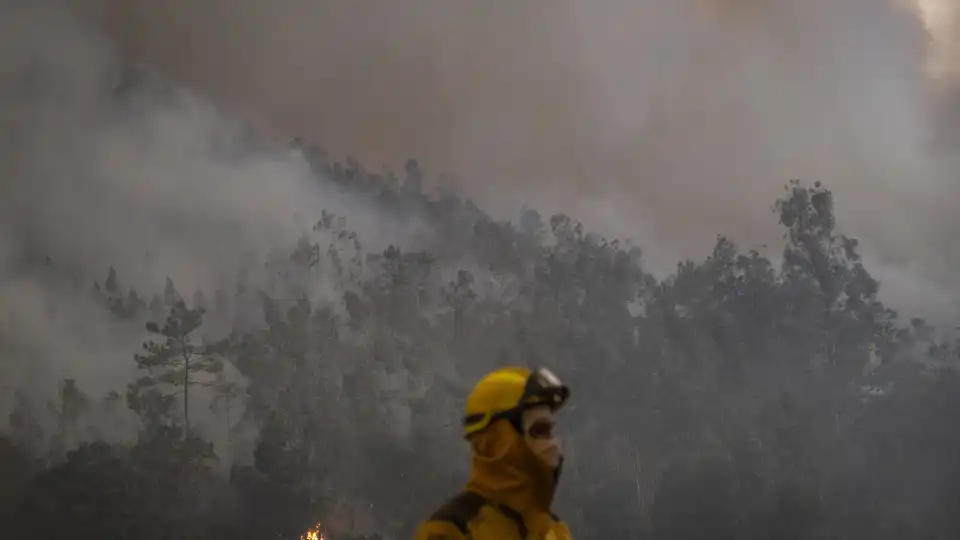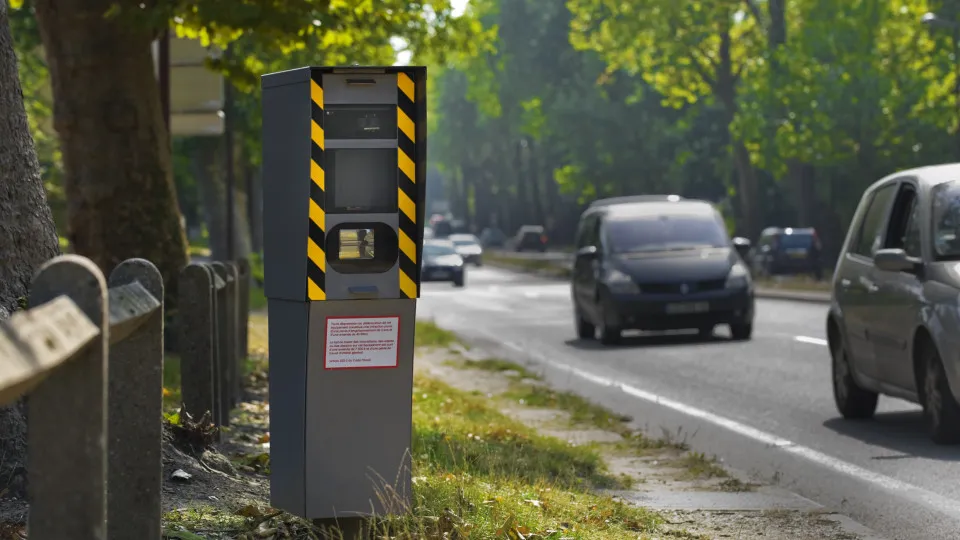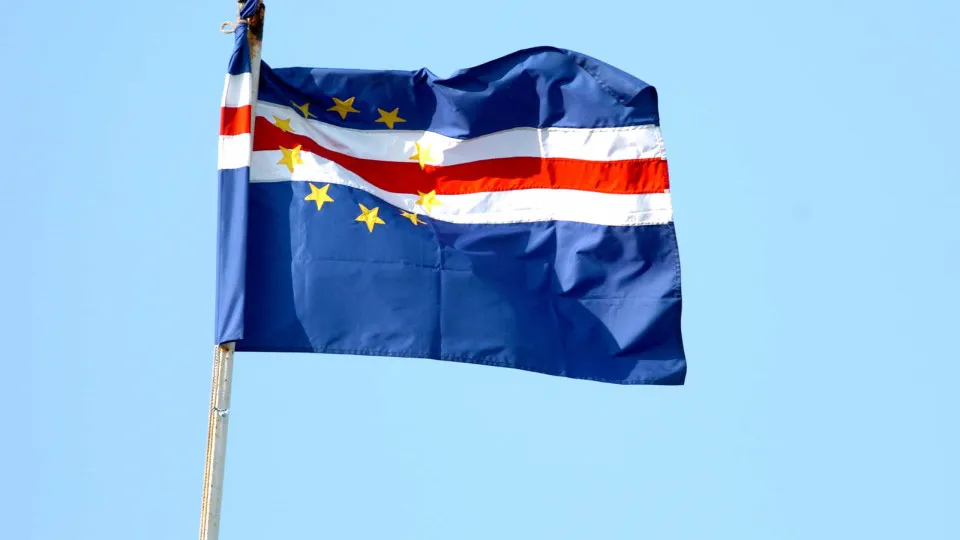This Friday, May 17, World Recycling Day, the Odisseia channel premieres the documentary ‘Recycling in Portugal’, by actress and activist Sandra Cóias and director Pedro Rego.
It is the first major documentary on recycling in Portugal and covers the issues of excessive consumption and the seven ‘R’s of sustainability: rethink, refuse, reduce, repair, reuse, recycle and reintegrate.
As the actress explained to Notícias ao Minuto, the work is not only an alert to a problem that affects the entire population, but also a way of helping society understand the need to change its behavior in relation to waste and the choice of materials it consumes. All because “right now we have a common problem: waste”.
“This topic came up at the time of the 25th anniversary of recycling in Portugal. I’ve been recycling ever since it existed here. In fact, I’ve lived in other countries where recycling was already done and in Portugal it wasn’t and it made me very confused. Despite this, I still see garbage in the street, people still intentionally throw their cigarette butts and papers in the street, they go to the beach and leave their garbage in a corner, they go to the countryside and leave their waste. It always makes me very confused. And after years of preaching about recycling, I realized that there are still many doubts, many myths, and it was precisely with this aim of alerting people to change their behavior that I decided to make this documentary,” revealed Sandra Cóias, recalling that “we have targets to meet by 2030 that are far from being met.”
“We should recycle twice as much as we do”
“We recycle around 30% in Portugal and we should be recycling twice as much. If after 27 years we’ve only managed to reach this figure, that’s worrying. Of course, recycling isn’t the solution to our problems, but if we managed to recycle properly, if everyone did their bit, we’d have a completely different planet. A completely different country,” said the activist.
The documentary, which was recorded over the course of a year in various parts of the country, such as Lisbon, Porto, Barreiro, Setúbal, Sesimbra, Alentejo and Bragança, features several well-known actors who have contributed over the years to a cleaner society.
Among them are primatologist Jane Goodall, Ana Trigo Morais CEO of Sociedade Ponto Verde, Filipe Duarte Santos, president of the National Council for the Environment and Sustainable Development and Inês Costa, former Secretary of State for the Environment.
“Lack of civility”
Some of the speakers in the documentary point to “a lack of civility” and “people’s lack of concern” as the main drivers of Portugal’s waste problem,
“There is still a huge lack of civility. I still see people anywhere in the country, on my travels, opening a pack of cigarettes and throwing it on the ground, they finish smoking and throw the butt on the ground, when it’s forbidden and there are so many warnings. There’s a total lack of concern, a lack of civility. People are so distracted, so busy. It’s a thoughtless act, they don’t often think about it, they do it because they think the ground is the right place to throw the garbage, forgetting that this is everyone’s home. We don’t live alone, we have to be respectful of others. I’ve taken part in lots of beach clean-ups and Clean Portugal campaigns and I’ve seen things… People put garbage in unimaginable places,” Sandra Cóias told Notícias ao Minuto.
Although there is already a lot of information about recycling and how to do it properly, as well as awareness campaigns on the subject in social networks, the media and schools, Sandra Cóias believes that more needs to be done.
“Recycling is not a very appealing topic. It’s an issue that many people still don’t give much thought to. Our television channels, series, soap operas, all these things play a very important role because people consume a lot of television. More campaigns are needed. Alerts on social media. Work in schools. They already exist. But more needs to be done. More alerts, more talk about the issue. The information is there. We have ReStart, for example, which tells us all about recycling. I think there is still a lack of understanding of how much our daily actions, what we do, have implications for our environment and our lives, our planet, our ecosystem. I think there’s still a lack of awareness. After 27 years of recycling in Portugal, if we’re still doing so little, it’s because something is missing. We have to insist more, we have to get people’s attention more,” the artist stressed.
And the documentary ‘Recycling in Portugal’ is a great help in this regard, as it touches on various issues affecting our country.
“Recycling involves a lot of things. It involves excessive consumption. We consume more and more today than ever before. We have to talk about electronic waste. Tires, monos, toys, coffee capsules. There are so many topics, so many things to talk about, that I thought they should all be in the documentary,” Sandra Cóias told Notícias ao Minuto.
“We’ve never consumed so much”
On the subject of excessive consumption, one of modern society’s biggest problems, the activist reiterated that “we’ve never consumed so much and that the planet’s resources are still finite”, despite the fact that people continue to think that “it will never end”, “that it won’t have any consequences”.
“And we’re already starting to see the consequences every day, in the news, for example, of how our ecosystem is becoming unbalanced. Climate change is becoming more and more visible. There are situations that we thought would only happen in 20 or 30 years’ time and they are starting to happen now. Scientists are always warning about this,” he lamented.
In addition to the environmental problems, the excessive production of waste also brings us major financial and social challenges, such as “living with garbage on our doorstep, which is not pleasant”, “displacement of people” due to climate change and even arguments between those who recycle and those who don’t, with taxes being imposed on those who don’t comply with the rules.
“The best thing would be to have a society that doesn’t produce waste because nature doesn’t produce waste, only us humans. I think that ends up affecting us. Several places have already implemented a tax that penalizes those who don’t recycle. For people to realize that they’re not doing the right thing. We have to become aware that everything we don’t do well ends up having consequences in our lives,” concluded Sandra Cóias.

